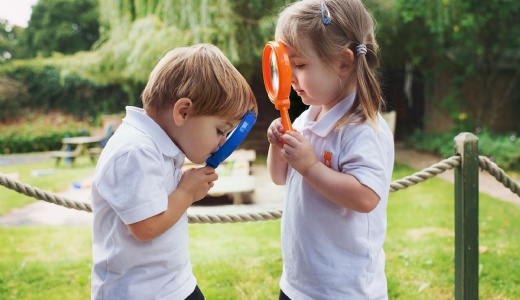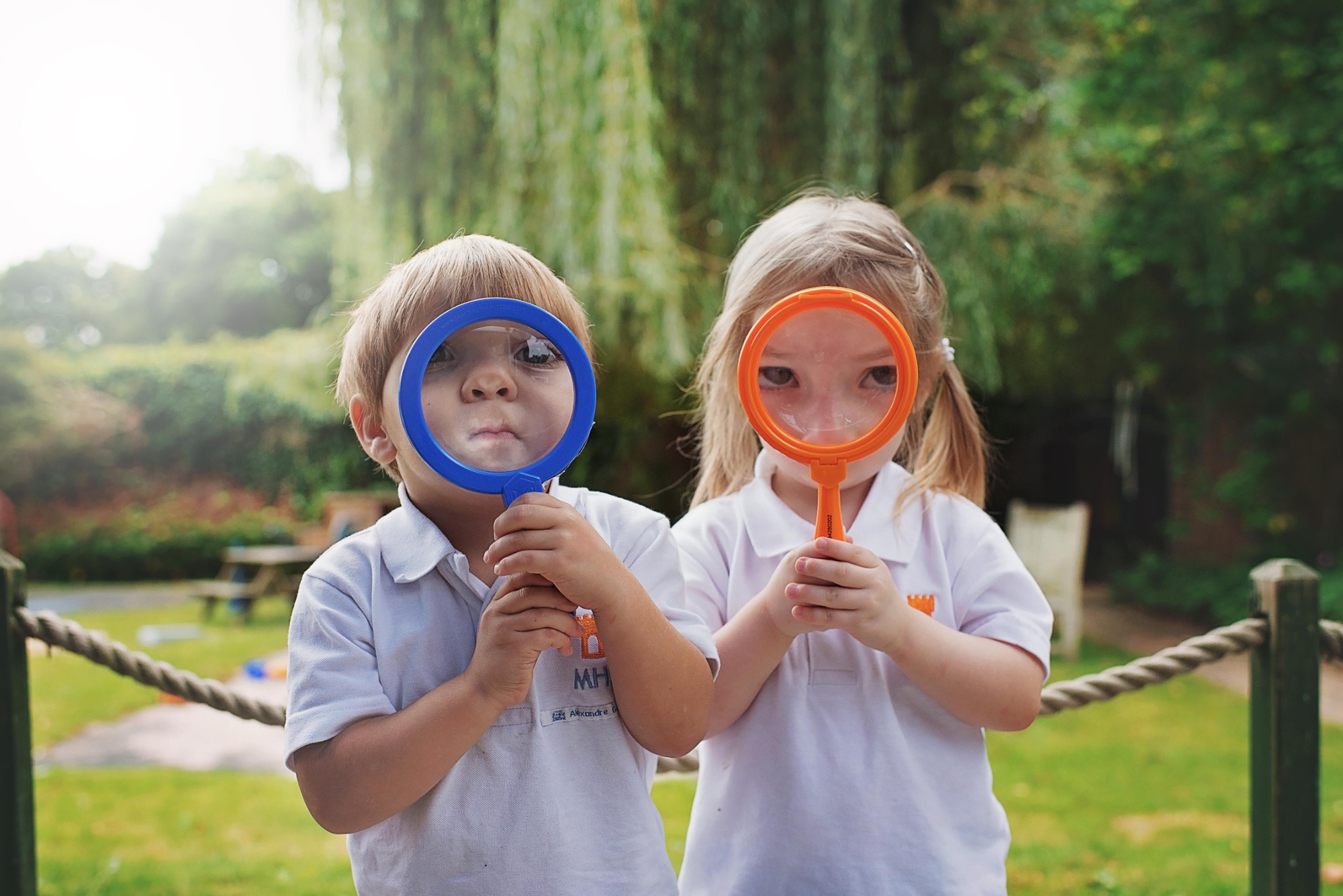
Take time to wonder more, wonder more and wander more
Pre-Prep launched a new club last week, introducing Philosophy to our younger children.
Aim of the Club
As teachers we have an important part to play in the development of good thinking (questioning, reasoning, speculating and reflecting). As we raise the future adults of the world it is our role to continuously build and allow their innate curiosity and interest to flourish.
It is vital that we never simply focus on knowledge outcomes, but progress thinking skills and habits of mind, to become:
- Curious (searching and enquiring)
- Kind (listening and valuing)
- Creative (suggesting and connecting)
- Confident (developing and changing beliefs)
- Resilient (enterprising and rebounding)
- Interested (questioning and reasoning)
The club has been a huge success with one of our club members telling us:
“I like to discuss ideas and be able to think about things!”
About the Club
By studying open and ‘big’ questions we will develop wider (floodlight) and deeper (spotlight) thinking to develop philosophical qualities such as:
- Breadth of Mind – readiness to enquire beyond what we do know
- Intellectual Humility – recognition that we don’t know everything
- Respect for Others – appreciation that different people think in different ways
We have had some great feedback from parents:
"It is a great opportunity from a young age to get them to question, think, discuss and listen to a range of ideas. A skill they can easily transfer to their day to day life. It is definitely a valuable and enriching subject. "
Club Rules!
- OOPSAAT – only one person speaks at a time
- Be open to change your mind – listening, ready to see things differently
- Build on Previous Speakers – linking with what others have said, naming them
- Give evidence and reasons – giving and seeking reasons for what is said
- Stay calm and friendly – aiming to understand and not ‘beat’ others
- Persist and show courage for your beliefs – not just copying your friends
- Appreciate that people are different – sharing other children’s experiences and feelings
- Keep a sense of humour – aiming for balance and positive outcomes as a group

Source: P4C Pocketbook, Philosophy For Young Children, 365 Things To Make You Go Hmmm
